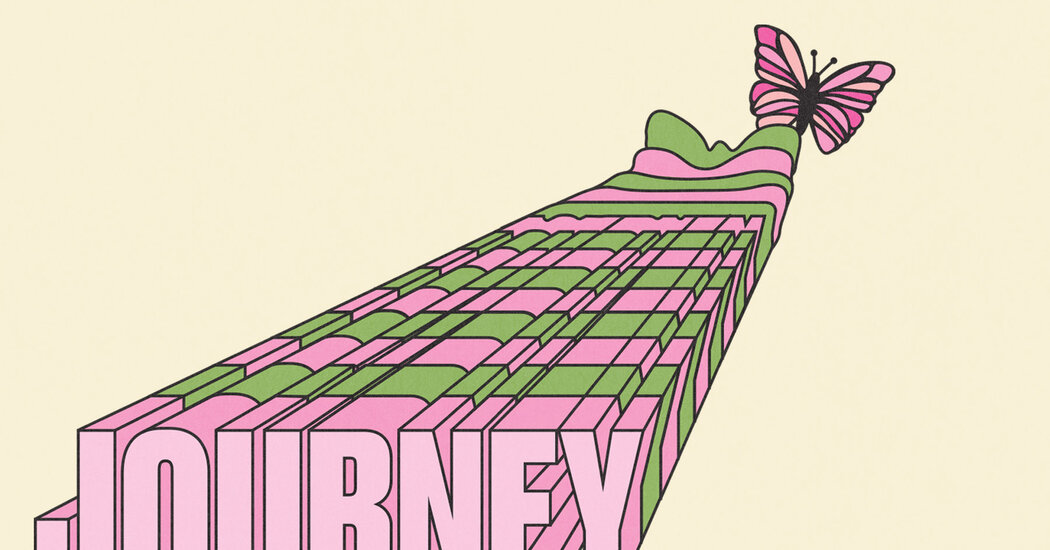“Journey” had fully entered medical speak by the 2010s. Many cancer patients recoiled from the “battle” language traditionally used by doctors, as well as by friends and relatives. In “Illness as Metaphor,” Susan Sontag had noted back in 1978 that “every physician and every attentive patient is familiar with, if perhaps inured to, this military terminology.” But now, opposition to the notion of disease as an enemy combatant reached a crescendo. To reflexively call an experience of cancer a battle created “winners” and “losers,” where death or long suffering represented a failure — of will, strength, determination, diet, behavior, or outlook — on the part of the patient.
Many patients “detest” the military metaphor, Robert Miller conceded in Oncology Times in 2010. Knowing this, Miller, then a breast cancer oncologist affiliated with Johns Hopkins, said he struggled to find the right words in composing a condolence note to a patient’s spouse. “I welcome suggestions,” he wrote.
“Journey” seemed less judgmental, more neutral. In Britain, the National Health Service had started to almost exclusively use “journey” language in reference to cancer (treatments were “pathways”). Semino, the metaphor expert whose father had died of cancer at a time when patients’ diagnoses were hidden from them, wanted to examine how patients talked about it — and whether that language caused them harm. In a research paper Semino published with colleagues in 2015, she looked at how patients talked about their cancer on forums online and found that they still used “battle” as often as they did “journey,” and that “journey” could be disempowering, as well.
For some people, talking about cancer as a “journey” gave them a sense of control and camaraderie — buddies traveling the same path — but others used the term to convey their exhaustion. Having cancer “is like trying to drive a coach and horses uphill with no back wheels on the coach,” one man wrote. Patients used “journey” to describe just how passive they felt or how reluctant to bear the burden of their disease. Separately, patients have told Semino how much they hate the word “journey,” saying it trivializes their experience, that it’s clichéd.
But it was too late: The metaphor already was everywhere. In 2014, Anna Wintour was asked which word she would like to banish from the fashion lexicon and she said, “journey.” The following year, Yolanda Foster, the mother of Gigi and Bella Hadid, told People magazine that while she was on her Lyme disease journey, two of her children were afflicted, too. Medical journals and government publications began describing insomnia, the effort to achieve health-care reform, diabetes, and the development of RSV vaccines as a journey. The term “healing journey,” in use since at least the mid-2010s, blew up around 2021. The phrase in news media referenced the experience of cancer, celebrity weight loss, trafficking of Indigenous children, Sean Combs’s creative process, spa vacations, amputation, and better sex.







